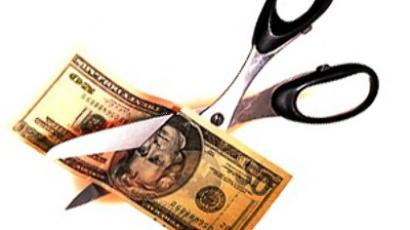Customs Union eyes single currency
Since the launch of the customs union with Belarus and Kazakhstan, Russia has toyed with the idea of taking the common market one step further - with a single currency.
It comes just as the Euro zone deals with the downsides of a regional currency. But many see it as a logical step, following on the heels of plans to create a single tax zone and reduce dependence on the U.S. dollar.
Frank Schauff, CEO, Association of European Businesses says it should promote better market efficiency.
“It increases my options with regards to economic transactions in this newly created area. Certainly as the creation of the customs union as well as a potential new currency for the whole area makes it easier and will reduce transaction costs.”
Russia's first deputy prime minister Igor Shuvalov raised the prospect of a single currency with Kazakhstan and Belarus – just as the global financial crisis threatens to derail the euro.
Greece has state debt of more than 100% of national output. To get its economy into balance, it can't cut interest rates or devalue its currency. It can only slash wages and spending – an adjustment made more painful by the inflexible single currency.
Joerg Bongartz, Chairman, Deutsche Bank Russia, says the economic situation between Customs Union countries could make a single currency tough to enact.
“In the case of Europe we have France and Germany as being the flagship economies in Europe. So there was a group of core countries which were relatively similar. In the case of Russia, Kazakhstan and Belarus we have big differences between the three countries, so it’s very important to figure out what the similarities are and if there aren’t significant similarities, how to overcome these differences.”
To establish greater demand for the Rouble – Russia would also have to issue more debt and exporting more products in Roubles. But economists, like Sergey Guriev, head of the New Economic School, say members of the Customs Union should conduct more trade in their own currencies before switching to a common one.
“Once there’s a common currency countries pretty much lose their sovereign monetary policy. If countries have similar profile of shocks and risks if they have similar structure of the economy it’s likely that they will need to depreciate at the same time. The problem is if Russia and Kazakhstan do have similar structure of the economy, Belarus doesn’t. I see no economic case for introducing a joint currency.”
So far there are more questions than answers. Economists keep wondering what effect a single currency would have on monetary policy of very different economies. They ask which currency would be the common one – and who would reap the most benefit.













